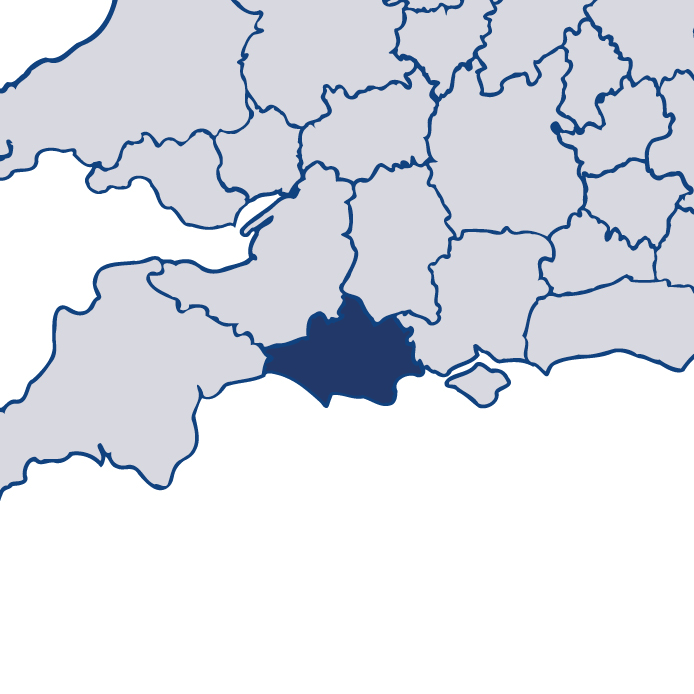Dorset 2017
Read more about DorsetThis is HMICFRS’ fourth PEEL (police effectiveness, efficiency and legitimacy) assessment of Dorset Police. PEEL is designed to give the public information about how their local police force is performing in several important areas, in a way that is comparable both across England and Wales, and year on year. The assessment is updated throughout the year with our inspection findings and reports.
The extent to which the force is effective at keeping people safe and reducing crime is good.
The extent to which the force is efficient at keeping people safe and reducing crime is good.
The extent to which the force is legitimate at keeping people safe and reducing crime is good.
HMI's observations
Read my assessment of Dorset Police below.
I am pleased with the performance of Dorset Police in keeping people safe and reducing crime.
I am reassured that since 2016 it has continued to focus on maintaining and improving its investigative standards. It provides an effective policing service to its communities, especially vulnerable people.
The force makes efficient use of its resources and has a good understanding of the demand it faces.
Over the past year, its strengthening alliance with Devon and Cornwall Police has enabled both forces to benefit from sharing staff and equipment, and to provide more cost-effective services.
While the force treats members of the public with fairness and respect, it must continue to monitor its use of stop and search powers. It also needs to improve some aspects of how it communicates with and treats its own workforce.
My overall assessment is that Dorset Police is continuing to improve on last year’s positive performance.
Effectiveness
How effective is the force at keeping people safe and reducing crime?
Efficiency
How efficient is the force at keeping people safe and reducing crime?
Legitimacy
How legitimate is the force at keeping people safe and reducing crime?
Other inspections
How well has the force performed in our other inspections?
In addition to the three core PEEL pillars, HMICFRS carries out inspections of a wide range of policing activity throughout the year. Some of these are conducted alongside the PEEL inspections; others are joint inspections.
Findings from these inspections are published separately to the main PEEL reports, but are taken into account when producing the rounded assessment of each force's performance.






